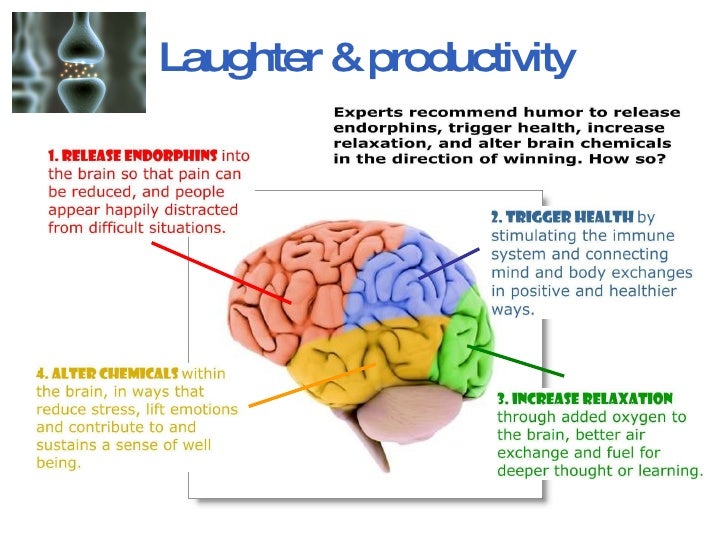

Furthermore, recent neuro-imaging studies have revealed physiological evidence for a relationship between mental stages and experiencing humor –.

Parts of thebrain joke movie#
Would a better understanding of the mechanisms of humor perception help comedians and movie directors better amuse audiences? Previous psychological studies have suggested that there are mental stages associated with experiencing humor. Comedians and movie directors work hard to stimulate humor in audiences. Humor not only encourages social interaction, but also produces positive effects for the human body, such as healthy physiological changes. Our results provide evidence that there exists a mental state lasting for a few seconds before actual humor perception, as if a viewer is expecting the future humorous events.Ī sense of humor is a common human characteristic that people in many cultures experience. Taking into account the hemodynamic delay, our results suggest that the upcoming humor events are encoded in specific brain areas up to about five seconds before the awareness of experiencing humor.
Parts of thebrain joke series#
Furthermore, given a time series of fMRI data obtained during movie viewing, we found that the decoders with significant performance were also able to predict the upcoming humor events on a volume-by-volume basis. As a result, in the right dorsolateral prefrontal cortex and the right temporal area, the decoders showed significant classification accuracies even at two seconds ahead of the humor onsets. We trained multiple binary classifiers, or decoders, to distinguish between fMRI data obtained at each lag from ones obtained during a neutral state in which subjects were not experiencing humor. Measured fMRI data were labeled on the basis of the lag before or after the viewer’s perception of humor (humor onset) determined by the viewer-reported humor experiences during the fMRI scans.
Parts of thebrain joke tv#
In this paper, we objectively measured humor-related mental states from single-trial functional magnetic resonance imaging (fMRI) data obtained while subjects viewed comedy TV programs.

However, the temporal characteristics of these changes remain elusive. Recent neuro-imaging studies have shown evidence for distinct mental state changes at work in people experiencing humor. Experiencing humor not only encourages social interactions, but also produces positive physiological effects on the human body, such as lowering blood pressure.


 0 kommentar(er)
0 kommentar(er)
